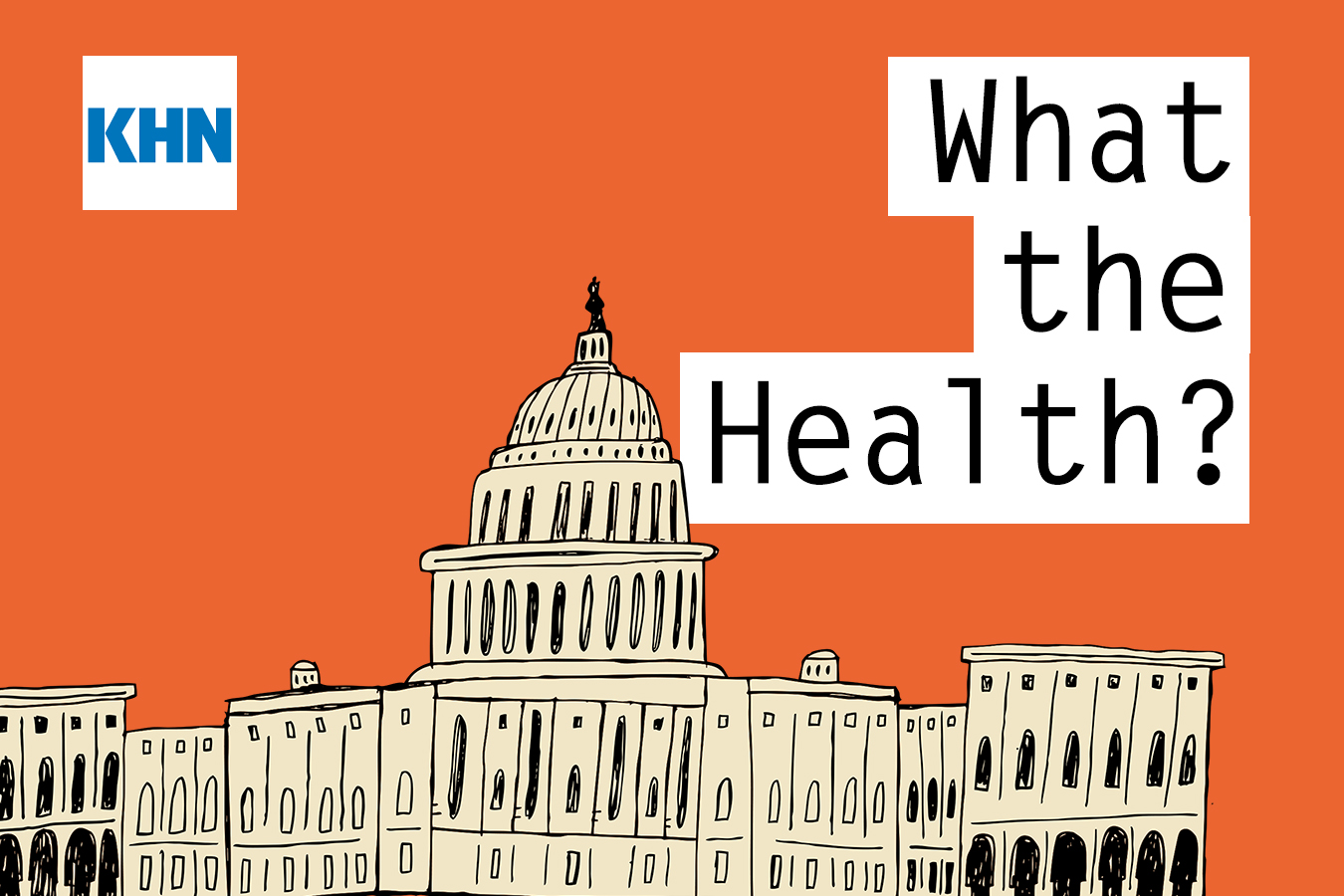Several House Democrats believe there is a big hole in the Senate’s healthcare reconciliation package: legislation to close the Medicaid coverage gap.
A group of 50 House Democrats wrote to Senate leadership Thursday calling for closing the coverage gap as part of the Inflation Reduction Act, which includes legislation to lower drug prices and extend Affordable Care Act subsidies.
“It is essential that relief be provided for our most economically disadvantaged neighbors who have been stuck in the coverage gap for over a decade,” according to the letter led by Reps. Lloyd Dogget of Texas and Jim Clyburn of South Carolina.
Democrats have
previously tried to create a program that gives subsidies to people who would qualify for Medicaid but don’t live in a state that expanded it under the ACA. However, that legislation—part of the Build Back Better Act—was scrapped last year.
Now, Senate leadership has released a narrower deal that would give Medicare the power to negotiate for lower drug prices, install a $2,000 out-of-pocket cost cap and several other drug reforms. The legislation would also extend for three years enhanced ACA subsidies set to expire after 2022.
Closing the coverage gap could lead to nearly 2.2 million people getting insurance coverage under Medicaid, according to a
2021 analysis from the Kaiser Family Foundation.
However, it remains unclear whether, if the Senate does bring back the policy, it will also install cuts to disproportionate share hospital payments. A previous version of Build Back Better proposed to cut DSH payments to hospitals in nonexpansion states, causing a major outcry from hospital groups.
An
analysis released last year by the think tank Urban Institute estimated that closing the gap would outweigh any cuts to DSH payments.
Centrist Sen. Joe Manchin, D-West Virginia, has been skeptical of closing the Medicaid gap, previously telling reporters that it punishes states who have expanded under the ACA and are devoting resources to continuing the coverage.
The Senate is likely to vote on the reconciliation package next week before leaving for a monthlong August recess.
The House Democrats, though, charge that “we cannot afford to go home without doing something to help out those who have been left out and left behind for so long.”


